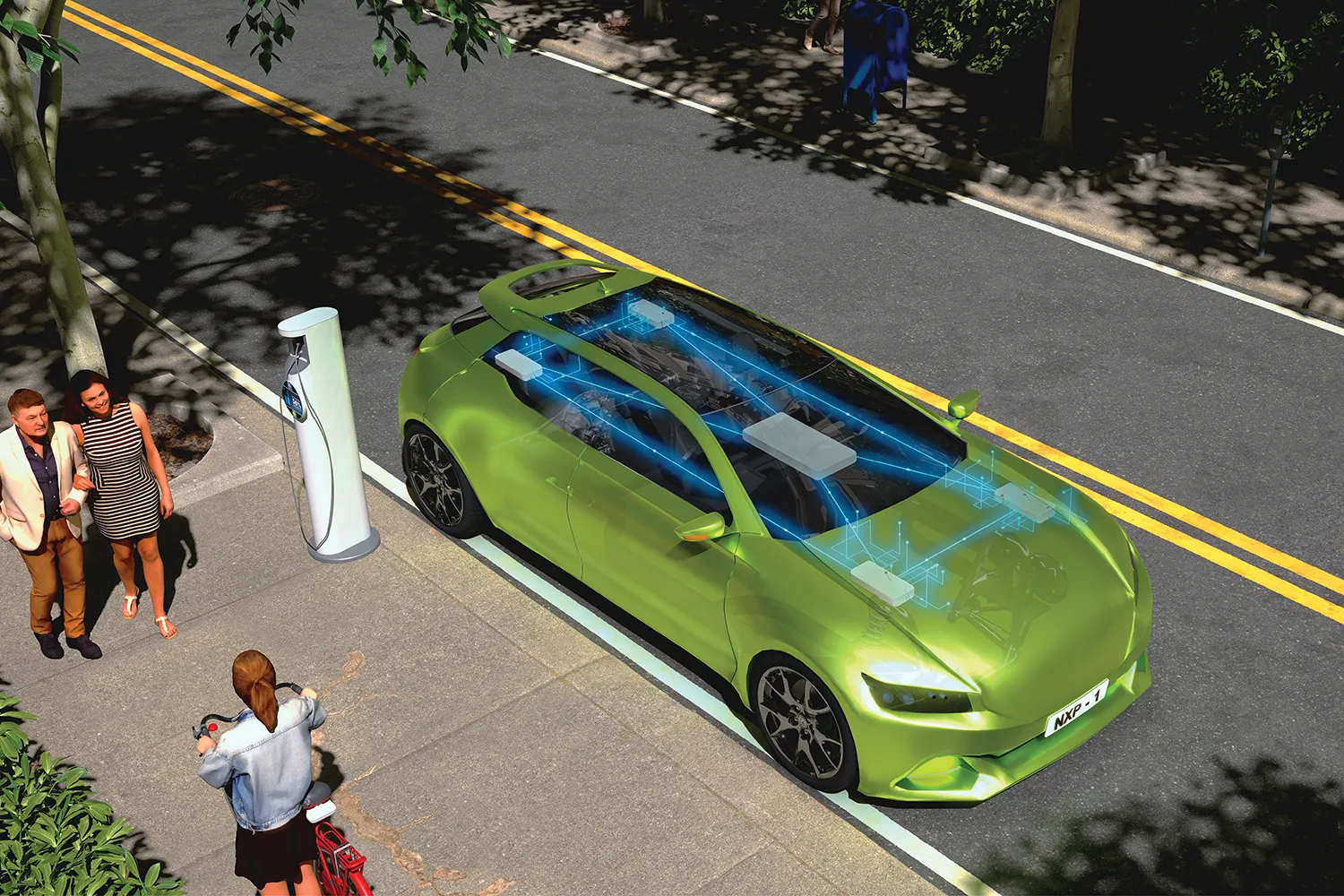Supporting LTE category 4 download speeds of up to 150 Mbit/s and upload of 50 Mbit/s, u-blox’s new Toby-L2 and MPCI-L2 modem series is said to support high-bandwidth automotive, networking and video applications with 2G and 3G fallback.
The ultra-compact LTE modules with UMTS/HSPA+ and GSM/EDGE, GPRS fallback are suited to vehicle infotainment systems, tablets, notebooks, ruggedised mobile terminals and high-speed M2M applications such as digital signage, remote security and video systems, where backwa
March 18, 2014
Read time: 1 min

Supporting LTE category 4 download speeds of up to 150 Mbit/s and upload of 50 Mbit/s, 602 U-Blox’s new Toby-L2 and MPCI-L2 modem series is said to support high-bandwidth automotive, networking and video applications with 2G and 3G fallback.
The ultra-compact LTE modules with UMTS/HSPA+ and GSM/EDGE, GPRS fallback are suited to vehicle infotainment systems, tablets, notebooks, ruggedised mobile terminals and high-speed M2M applications such as digital signage, remote security and video systems, where backwards compatibility with 3G and 2G networks is desired.
The TOBY-L2 module in a 152-pin LGA package supports data and Voice-over-LTE (VoLTE) with circuit-switched fallback, as well as in-band modem for emergency call services (eCall). The MPCI-L2 (mini-PCI Express card) supports data only. Both modules integrate dual IPv4 and IPv6 stacks.
The ultra-compact LTE modules with UMTS/HSPA+ and GSM/EDGE, GPRS fallback are suited to vehicle infotainment systems, tablets, notebooks, ruggedised mobile terminals and high-speed M2M applications such as digital signage, remote security and video systems, where backwards compatibility with 3G and 2G networks is desired.
The TOBY-L2 module in a 152-pin LGA package supports data and Voice-over-LTE (VoLTE) with circuit-switched fallback, as well as in-band modem for emergency call services (eCall). The MPCI-L2 (mini-PCI Express card) supports data only. Both modules integrate dual IPv4 and IPv6 stacks.









